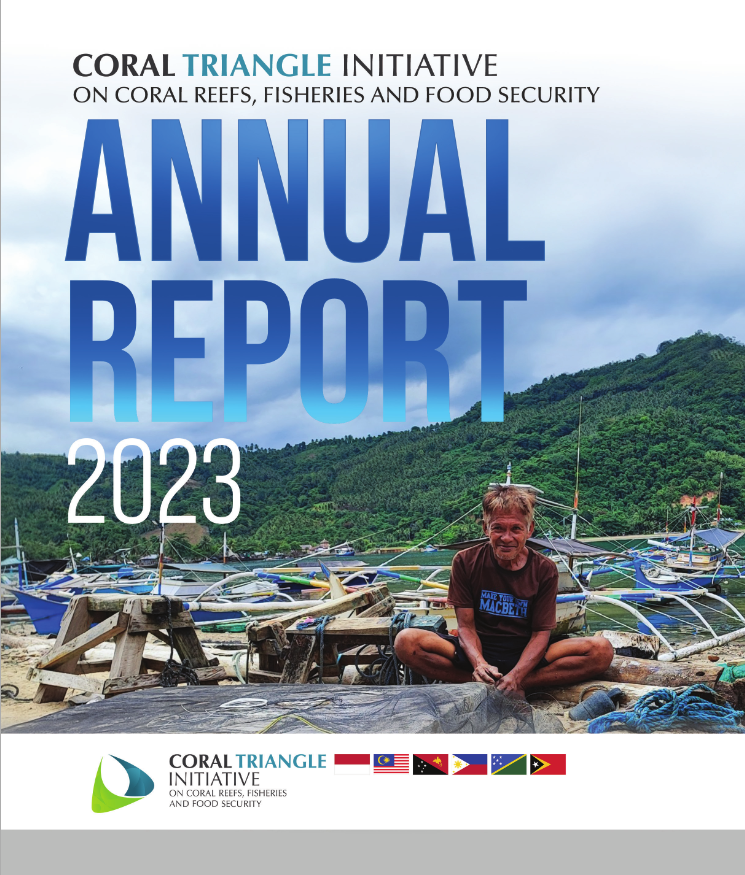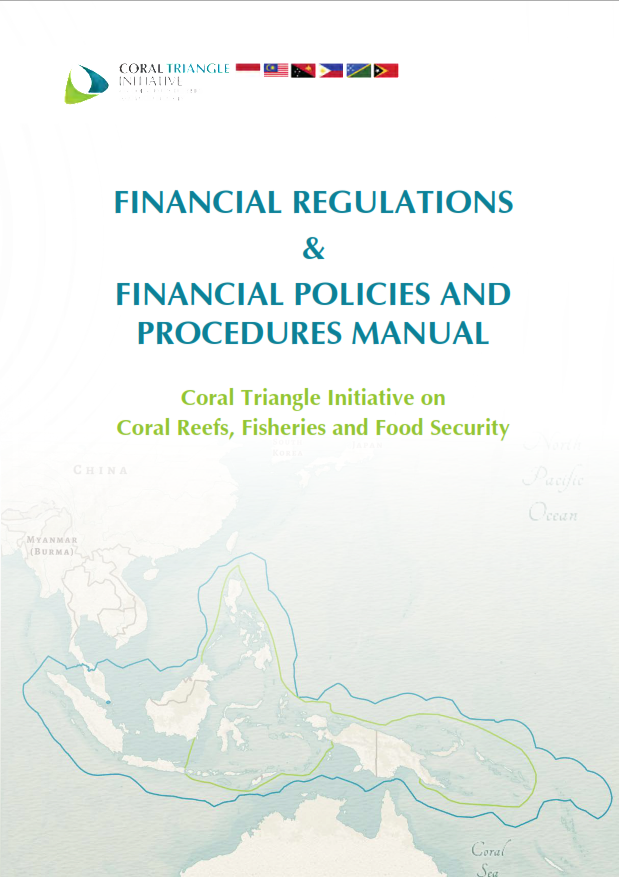Study Urges NCC-Philippines to Fully Harness “High Potential” as Coordination Body
A study by the German development agency GIZ has lauded the CTI-CFF National Coordination Committee in the Philippines (NCC-Philippines) for their effectiveness in assembling and coordinating with a variety of people and organizations.
Such effectiveness lends a high potential for NCC-Philippines “to bring in people whose positions can influence national decision-making” and can contribute towards achieving their goals, particularly with respect to the CTI-CFF National Plan of Action (NPOA), the study said, as it urged the body to harness “this potential continually and sustainably.”
The study, called “Assessment of National CTI Coordination Committee and the Implementation of the National Program of Action,” was undertaken to take measure of existing mechanisms of the key roles of NCC-Philippines and its members, Technical Working Groups (TWG) and NCC Secretariat.
The study noted the ability of the NCC, with facilitation support from the NCC Secretariat, to bring together various parties to undertake several activities and complete them. On this basis alone, NCC-Philippines has done a commendable job in facilitating coordination, it said.
“But it is not the system that has made effective coordination possible,” the study averred. The single biggest factor that has facilitated coordination is the very positive interpersonal relationships that pervade among the NCC, the NCC Secretariat and the working groups, combined with their shared interest in coastal resource management and their desire and willingness to contribute to the discussions.
“Coordination with the (NCC) therefore works as far as mobilizing the participation of members and the TWGs in certain activities,” the study added. But it is only when the NPOA is carried out can the real coordinative capacity of the NCC be demonstrated and tested “whether it actually results in accomplishment of outputs towards the goals.”
Some recommendations put forward by the study to strengthen the NCC include, among others:
- Designating a senior official and alternate as member of the NCC;
- Creating an executive committee to handle organizational concerns;
- Expanding the NCC membership;
- Mobilizing and strengthening the TWGs;
- Formulating and adopting a manual of operations;
- Deepening and widening the involvement of local government units;
- Recognizing and motivating the continued participation of Development Partners;
- Presenting the CTI-CFF and NPOA at the Cabinet Cluster on Climate Change Adaptation and make the CTI-CFF known among the various departments;
- Ratifying the CTI-CFF Secretariat Establishment Agreement;
- Including support to CTI-CFF as a line item of the Philippine Government’s International Commitment Fund;
- Establishing the NCC Secretariat as a unit under the Biodiversity Management Bureau’s Coastal and Marine Division devoted solely to the needs of the CTI-CFF and the NCC; and
- Designating a CTI-CFF Point Person in the environment department’s regional and provincial offices in areas that have significant coastal resources.



